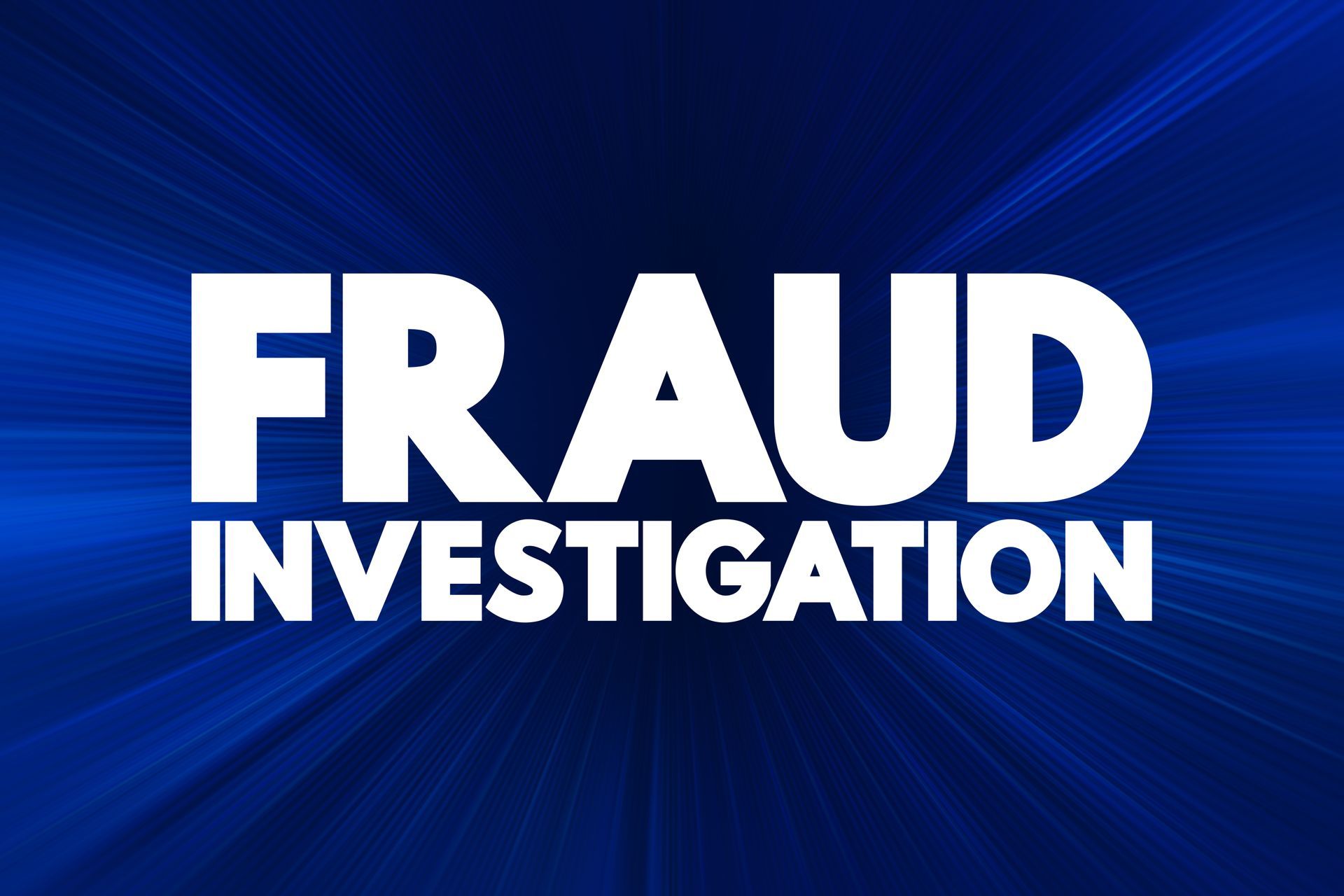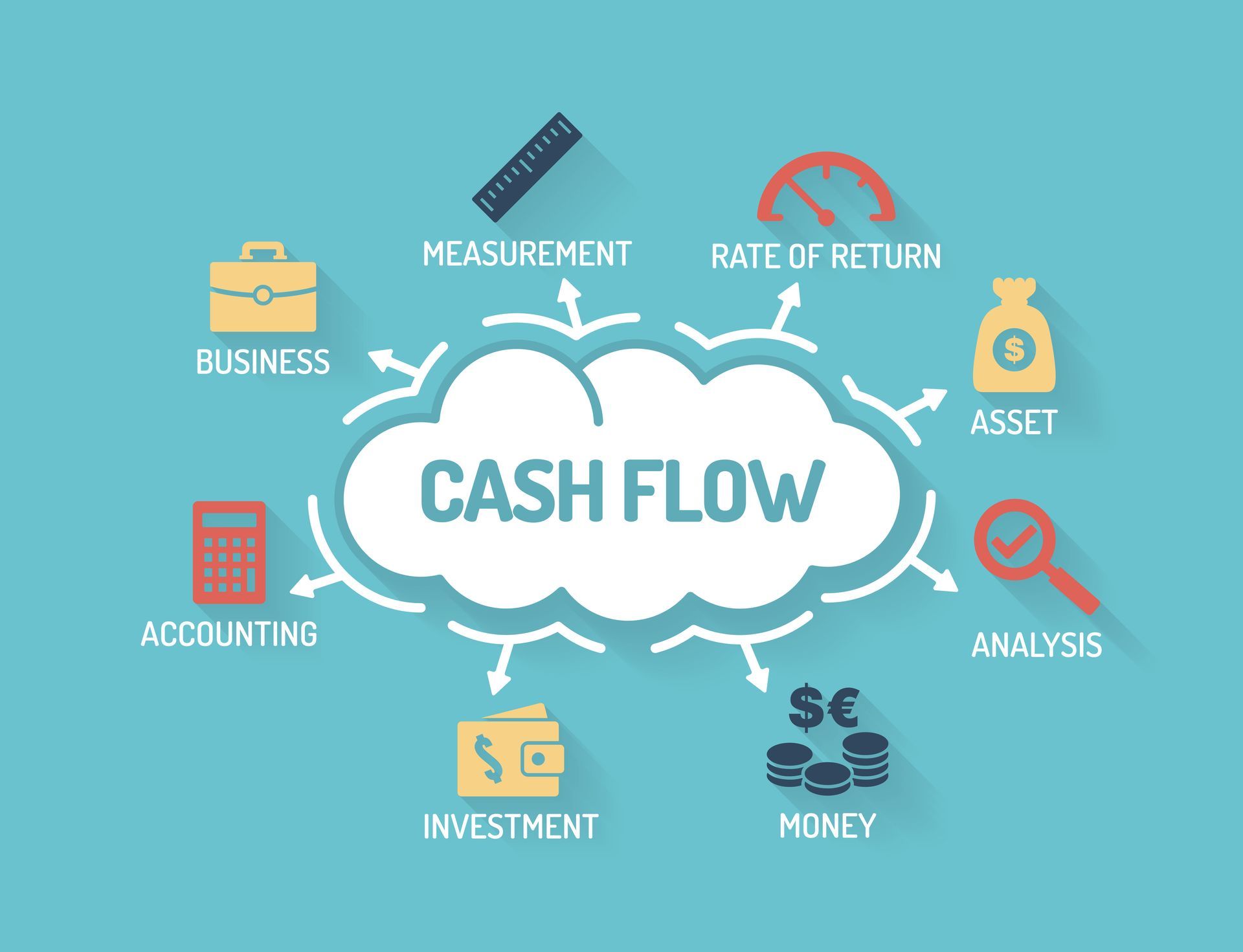What Is the Role of Forensic Accountants in Uncovering Financial Fraud and Tax Evasion?

The IRS does not treat every tax filing discrepancy the same way. The most basic level of audit typically occurs because of inconsistencies in tax returns. The IRS will send a letter to the filer for additional information or clarification on a specific item, and taxpayers can often resolve the issue by sending proof or verification through the mail.
An office audit occurs when the IRS requires the taxpayer to meet an IRS examiner in person. These do result in more in-depth investigations where an auditor will dig into all of a taxpayer’s documents pertaining to claimed deductions, income and other items on their tax return.
A field audit is a more in-depth forensic investigation that involves an examination of a taxpayer’s records at their home or office. A field audit often includes a literal search of the subject’s property or even their accountant’s offices.
Criminal investigations can be rolled into more serious audits if IRS examiners suspect the tax filer was committing tax fraud. Intent is usually the key factor in whether or not a taxpayer is charged with a crime. If you made inadvertent mistakes that led to an audit, you probably won’t face a criminal investigation.
In fiscal year 2023, IRS Criminal Investigators initiated 2,676 criminal investigations, which represents a minuscule fraction of the millions of fax filings they process annually. These serious investigations are often in relation to money laundering, cybercrimes or other dramatic examples of high-profile tax fraud.
How Do Investigators Determine Whether There Was Fraudulent Intent?
There are some common behaviors associated with intentional tax fraud. Perpetrators often:
- Have multiple sets of books
- Alter records
- Make false entries into forms or accounting software
- Take steps to conceal income
- Act in secrecy, like doing their own bookkeeping
The IRS Criminal Division’s forensic accountants, referred to as special agents, dissect financial data and may leverage special software and databases to gather and analyze financial records and other information sources.
The Role and Skillset of a Forensic Accountant in Tax Investigations
Fraud Detection
At a most basic level, forensic accountants are tasked with identifying inconsistencies and abnormalities in records and data. They do so by scrutinizing accounting entries, cross-referencing financial statements of the person/business being investigated with third-party documents and looking for patterns of behavior that deviate from normal business or accounting practices.
Some of the hidden schemes forensic accountants can help uncover include embezzlement, kickbacks or false billing practices that enable the business or person to dodge their rightful tax obligations.
Legal Expertise
In addition to having the skills and knowledge of a CPA, forensic tax investigators also need to possess a deep understanding of the legal framework surrounding relevant accounting practices and tax law. Their financial analysis is geared toward uncovering the evidence prosecutors need to make a case that fraud was intentional. Translating complex financial data into actionable legal arguments is key for forensic accountants performing tax investigations.
Interviewing and Investigation
There’s more to being a forensic accountant than just having the knowledge to review invoices, balance sheets and bank statements. During tax investigations, forensic accountants often need to interview the various parties involved in the financial operations or activities of investigated businesses or individuals. They may also need to look for other types of evidence in addition to just financial data. Evidence of off-the-book purchases or efforts to destroy documentation may be vital in establishing a pattern of fraud.
Writing and Reporting Skills
The ability to distill reams of financial records and evidence into a digestible form that provides a clear and concise overview of the situation is a vital skill for forensic accountants. The reports submitted by forensic accountants must withstand significant scrutiny – not just from the IRS but also from the lawyers hired by the person or business being investigated.
Mistakes can potentially lead to guilty parties escaping punishment or innocent parties being unfairly maligned, fined and even prosecuted. Forensic accounting reports may also need to clearly communicate findings and methodologies to people who aren’t intimately familiar with the process, like a judge or members of a jury.
Do You or Your Business Need Assistance from a CPA?
The vast majority of IRS audits are civil matters having to do with tax filing discrepancies or underpayment. Unfortunately, knowing your audit is civil may not make it feel any less oppressive or stressful. If you’re facing an IRS audit or your business just needs an independent CPA for forensic accounting or auditing services in Phoenix, the CPA at H&H Accounting Services can help.
You can discuss your auditing needs or situation during a free one hour consultation by calling us at (480) 561-5805.



